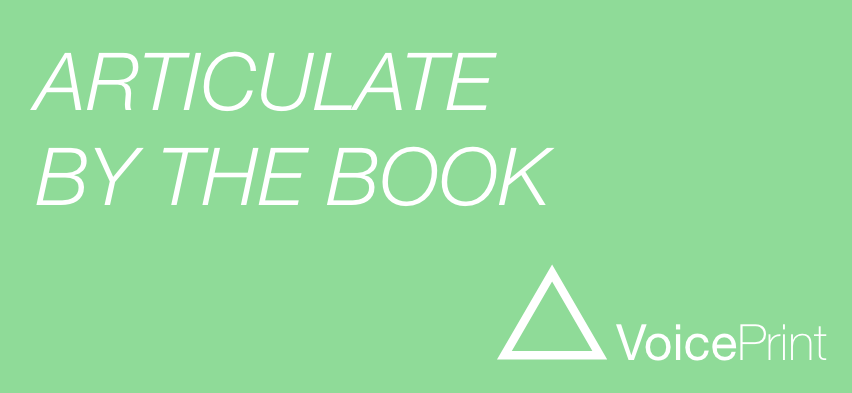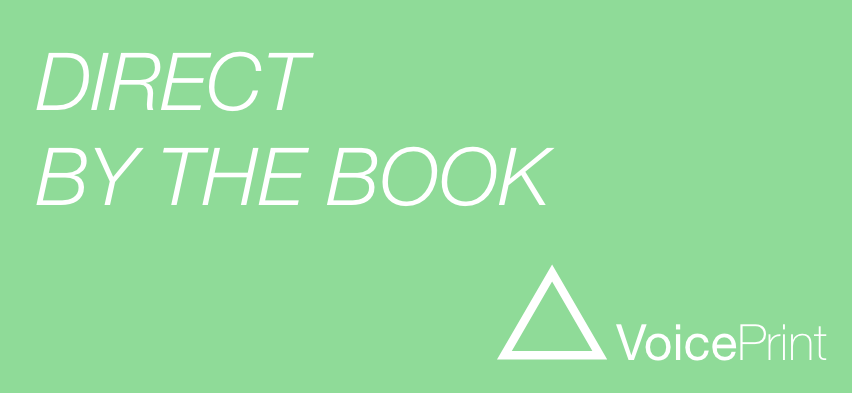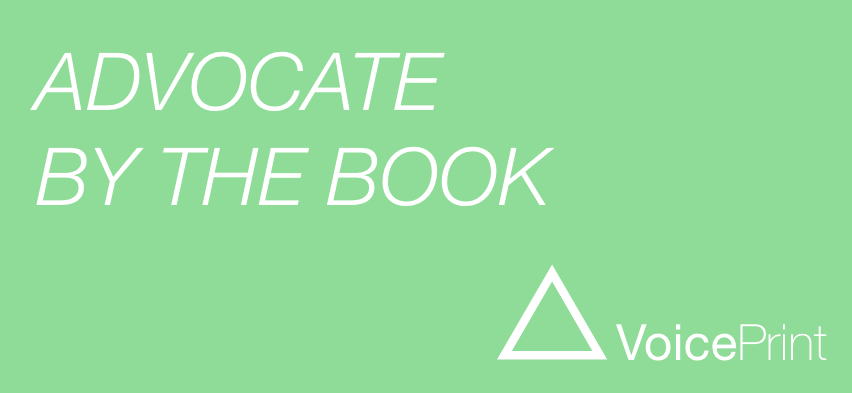A look at the Voices at Work for a Hotel Receptionist
Claire is a hotel receptionist. She works in the West of Scotland, but listening to what she is saying, you could be in a hotel lobby anywhere in the world.
‘Good afternoon, how can I help?’
‘I need the credit card you intend to use and I need you to sign this form here and here.’
‘If you’re planning to dine with us this evening, may I suggest you make a reservation, as the restaurant is expecting to be quite busy.’
The Inquire, Direct and Advise voices: the stock-in-trade of the hotel receptionist’s interaction with guests.
This is speech which might sound too straightforward to hold much interest. But when you pause to reflect on what makes it seem so ordinary, you start to notice how it highlights important features and differences in how talk can be used.
The voices at work of the hotel receptionist are unusually structured, public and polite.
Let’s start with politeness. One of the ways John Cleese made his television character Basil Fawlty so hilariously comic was precisely by making him so outrageously impolite. When he is on reception in Fawlty Towers, guests and visitors are treated either with abruptness, rudeness and contempt or with fawning and obsequious over-attention, but never with the measured politeness that a receptionist is expected to display. Basil’s chaotic relationships all spring from his basic rudeness.
A general level of politeness is a social expectation, by definition. But the extent to which it is expected, and the manners through which it is practised, vary widely between cultures, and even more widely from one individual to another. If we consider our own experience and behaviour, we quickly appreciate the range and diversity of actual practice.
The hotel receptionist is a model of polite interaction, of exemplary conduct, which few of the rest of us can claim to exhibit with anything like the same consistency.
For hotel receptionists, the role requires this. They are the public face of their business and their way of talking, with which we are familiar, is their public voice. But each of us has both public voices and private ones, talk that we externalise and talk that we keep to ourselves. The fact that we don’t hear others’ inner talk doesn’t mean that it isn’t happening. The fact that others can’t hear what we are saying to ourselves also has consequences.
Staying in a hotel recently, my wife and I asked if we could extend our stay for another night. ‘Let me see if I can help you,’ said Claire. Then she went quiet. She tapped away at her keyboard for some time, frowning. I started to wonder if she thought we were being a nuisance or if she hadn’t even heard us. But then she said, her brow still furrowed with concentration, ‘I’m just trying to move some reservations around, so you can stay in the room you’re already in.’ She was busy being helpful, but we didn’t appreciate that until she let us into what she was doing.
It was a reminder that the voices we usually hear from a hotel receptionist are only part of the job, the routine part. Like all jobs, there are other parts that are less straightforward, unexpected problems that need to be addressed and resolved.
It also highlights that it is when we find ourselves confronted with a problem that we often switch our attention to our inner conversation. We turn from the outer talk of conversation to the inner talk of thinking, and while that can help us to focus our own thinking, it also carries the risk of interfering with the quality of our communications with each other.
The moment of encountering a problem (or a challenge or an opportunity for that matter) is an important moment to watch out for: it’s potentially a fracture line in the flow of communications.
The episode of rearranging the bookings also illustrates the point that we need different voices for different purposes. Inquiring of us, Directing us, or Advising us, would not have helped in this situation. The receptionist needed to Diagnose the situation regarding room availability, Critique different scenarios to evaluate their impact and then Articulate a chosen solution. ‘That’s that sorted. You can have another night in the room you’re in at the moment. No need to move your things.’
In this case we were merely bystanders. In many problem-solving situations, however, these are exactly the parts of the conversation to which others need to lend their voices to enable a workable solution to be developed.
For the most part the work of the hotel receptionist is unusually highly structured. It is more standardised and routine than the work of many occupations and this is reflected in the formulaic patterns of speech that we hear in their public utterances.
This brings us to an important general point, which is useful for any of us, whatever role or occupation we work in, to keep in mind. While the voices that we tend to use are shaped by many influences, and perhaps most of all by our individual personalities, the context of our work is a powerful factor, as the case of the hotel receptionist illustrates particularly clearly.
Context affects not only what we say and how we say it, but also what we expect to hear, and consequently the quality of our listening, the relevance of our responding and the overall effectiveness of our interacting.
In the context of hotel reception the question, ‘Good afternoon, how can I help you?’ is already less open than the use of the same words would be in another context, such as coaching, counselling or the Citizens’ Advice Bureau. In hotel reception the question anticipates a generally limited set of answers: ‘I’d like to check in’; ‘I’d like to check out’; ‘Do you have a local map?’; ‘Can you call me a taxi?’ and so on.
Contextual expectations dull our hearing and blunt our talking.
I witnessed this most memorably on the occasion when I checked into a hotel, collected my key and went to my room, only to have to return to the reception desk a few minutes later. The ensuing conversation went like this.
Receptionist: ‘Can I help you, sir?’
Me: ‘I certainly hope so. I wonder if I could have a different room.’
Receptionist: ‘Is your room not to your satisfaction, sir?’
Me: ‘Oh, the room is probably very nice, but I didn’t stop to look around very closely. Somebody else is already asleep in it.’
It’s the only time I’ve ever seen a hotel receptionist completely at a loss for words.
Alan Robertson
Do you have the voices you need for your work?
Completing a VoicePrint self-perception questionnaire or taking part in one of our TalkWise workshops is a good way of finding out and developing the voices that matter for you. Get VoicePrint.
Ready for a conversation?


